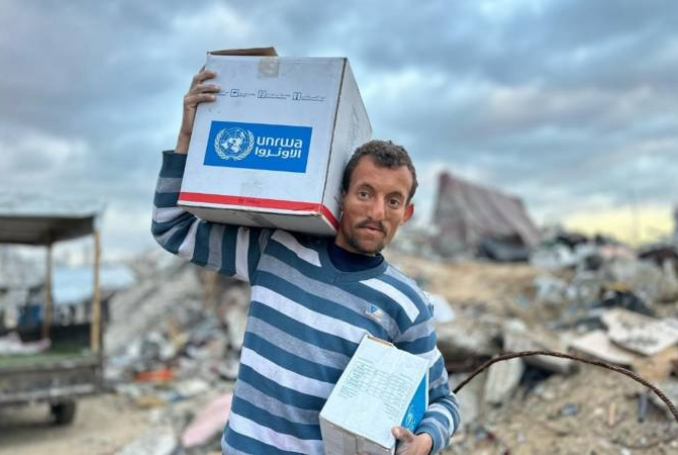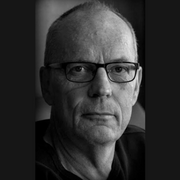
What does Sweden’s Foreign Minister, International Development Cooperation Minister and State Secretary know that the rest of us don’t? What sources are they relying on?
Sweden has suspended its support to the UN relief agency UNRWA—against the recommendations of both the UN Secretary-General and the world’s largest humanitarian organizations.
What do our decision-makers know that the rest of the world does not? It is time for the three “wise” ones—Foreign Minister, Maria Malmer Stenergard, Minister for International Development Cooperation and Foreign Trade, Benjamin Dousa, and the State Secretary, Diana Janse, in the government—to disclose their sources.
For several years, I have worked for Palestine and spent periods in the Gaza Strip, where I’ve witnessed both human resilience and immense suffering.
I am part of a large group of people from Sweden and many other countries who have worked on the ground—often under difficult conditions—through the UN, governmental, or nonprofit organizations. Our work has been made possible through international support, not least from Sweden.
A crucial prerequisite for humanitarian aid to reach those in need is UNRWA—the UN agency for Palestinian refugees. Since 1949, it has provided education, healthcare, food, and safety for millions of people, especially in Gaza but also in Jordan, Syria, Lebanon, and the West Bank
Today, Gaza lies in ruins. Over 60,000 people have been murdered since October 2023. We don’t know how many children have lost their families, their health, or their future. But we do know that UNRWA is the only organization with the capacity to carry out large-scale humanitarian work in the area—and that they are still there, while others have been forced to leave.
Despite this, the Swedish government has chosen to stop support for UNRWA. This decision is based on accusations from the Israeli government, while an internal UN investigation is still ongoing and no decisive evidence has yet been presented.
Meanwhile, humanitarian organizations such as Save the Children, the Red Cross, Doctors Without Borders, and the World Food Programme have all made it clear: no one else can replace UNRWA.
Sweden’s government is thereby going against the UN Secretary-General and virtually the entire international community.
This makes me wonder: What does Sweden’s Foreign Minister, International Development Cooperation Minister and State Secretary know that the rest of us don’t? What sources are they relying on? Where does the information come from that gives them the confidence to take their own path—despite the catastrophic consequences already suffered by the Palestinian people?
If Sweden’s three “wise” ones do indeed possess crucial information, it’s time they present it. Not just for those of us who have worked in Gaza, but for the entire Swedish population, whose tax money has made these efforts possible. I’m sure that many, many people in other countries would like to get the same information
Sweden has a responsibility—as a donor nation and a member of the UN. At a time when the people of Gaza are crying out for help, we must ask ourselves: Are we on the right side of history?

– Mats Svensson, a former Swedish diplomat working on the staff of SIDA, the Swedish International Development Cooperation Agency, has been following the ongoing occupation of Palestine since 2003. He is the author of “Crimes, Victims and Witnesses – Apartheid in Palestine.” (Real African Publishers) and his latest “Apartheid is a Crime – Portraits of Israeli Occupation,” (Cunepress, 2020). Mats contributed this article to Palestinchronicle.com.
(Except for the headline, this story has not been edited by PostX News and is published from a syndicated feed.)
